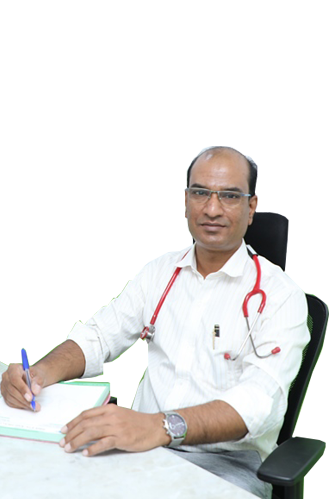Introduction
Welcome to the official website of Dr. Subathra’s RBS Eye and Health Clinic, located at www.rbseyeandhealth.com. We are delighted to offer professional contact lens fittings as part of our comprehensive eye care services. In this article, we will explore the importance of contact lens fittings and how they contribute to comfortable and healthy vision correction.
Understanding Contact Lens Fittings
What are Contact Lens Fittings?
Contact lens fittings are specialized evaluations conducted by eye care professionals to determine the most suitable contact lenses for individual patients. These fittings involve assessing various factors, such as the shape of the eye, prescription requirements, and lifestyle considerations.
The Importance of Contact Lens Fittings
Proper contact lens fitting is crucial for several reasons:
- Vision Correction: Contact lenses provide an alternative to traditional eyeglasses for vision correction. A thorough fitting ensures that the prescribed lenses address the specific refractive needs of the patient, resulting in clear and comfortable vision.
- Comfort and Safety: Ill-fitting contact lenses can cause discomfort, irritation, and even damage to the eyes. Contact lens fittings ensure that the lenses fit properly and comfortably on the eye’s surface, minimizing the risk of complications and promoting long-term eye health.
- Customization: Each individual’s eyes are unique, and contact lens fittings allow eye care professionals to customize the lens parameters, such as size, material, and curvature, to optimize vision correction and comfort for the patient.
What to Expect During a Contact Lens Fitting
Comprehensive Eye Examination
Before a contact lens fitting, your eye care professional will perform a comprehensive eye examination to assess your overall eye health and determine your refractive needs. This examination includes visual acuity testing, refraction, and evaluation of the ocular structures.
Eye Measurements and Assessments
During the fitting process, precise measurements and assessments will be conducted to gather information about your eye’s shape, size, and curvature. This data helps in selecting the appropriate contact lens type and design that best fits your eyes.
Trial Lens Fitting
Your eye care professional may provide trial lenses to evaluate their fit, comfort, and visual acuity. The trial lenses allow adjustments to be made, ensuring an optimal fit and vision correction.
Education and Training
During the contact lens fitting, your eye care professional will provide instructions on proper contact lens insertion, removal, and care. They will educate you about hygiene practices, lens cleaning solutions, and maintenance routines to ensure safe and successful contact lens use.
Follow-Up Visits
After the initial fitting, follow-up visits may be scheduled to assess your comfort, vision, and eye health with the prescribed contact lenses. These visits allow for any necessary adjustments or modifications to optimize your experience with contact lens wear.
Frequently Asked Questions (FAQs)
FAQ 1: Are contact lenses suitable for everyone?
Contact lenses are a popular vision correction option for many individuals, but they may not be suitable for everyone. Factors such as eye health, refractive needs, and lifestyle considerations play a role in determining candidacy for contact lens wear. Consult with your eye care professional to assess your suitability for contact lenses.
FAQ 2: How long does a contact lens fitting take?
The duration of a contact lens fitting can vary depending on various factors, including the complexity of your prescription and the type of lenses being considered. On average, a contact lens fitting appointment may take around 30 minutes to an hour.
FAQ 3: Can I purchase contact lenses without a fitting?
It is not recommended to purchase contact lenses without a proper fitting and prescription from a qualified eye care professional. Contact lens fittings ensure that the lenses fit your eyes correctly and promote safe and comfortable vision correction.
FAQ 4: How often should I have a contact lens fitting?
Contact lens fittings are typically recommended annually or as advised by your eye care professional. Regular fittings allow for periodic evaluation of your eye health, prescription updates, and adjustments to optimize your contact lens experience.
FAQ 5: Can I switch to a different type of contact lens after the initial fitting?
In some cases, a switch to a different type of contact lens may be possible after the initial fitting. However, it is important to consult with your eye care professional before making any changes. They will evaluate your specific needs and recommend the most suitable contact lens option for your eyes.
FAQ 6: How can I schedule a contact lens fitting at Dr. Subathra’s RBS Eye and Health Clinic?
Scheduling a contact lens fitting at our clinic is convenient and easy. You can visit our website, www.rbseyeandhealth.com, and navigate to the contact page to find our contact information. Feel free to call our clinic or use the online appointment booking system to schedule your contact lens fitting with us.
Conclusion
At Dr. Subathra’s RBS Eye and Health Clinic, we prioritize the comfort, safety, and visual satisfaction of our patients. Our contact lens fittings are performed with meticulous care and attention to ensure the best possible outcome for each individual. Visit our website or contact us to schedule your contact lens fitting and embark on a journey towards clear and comfortable vision.


